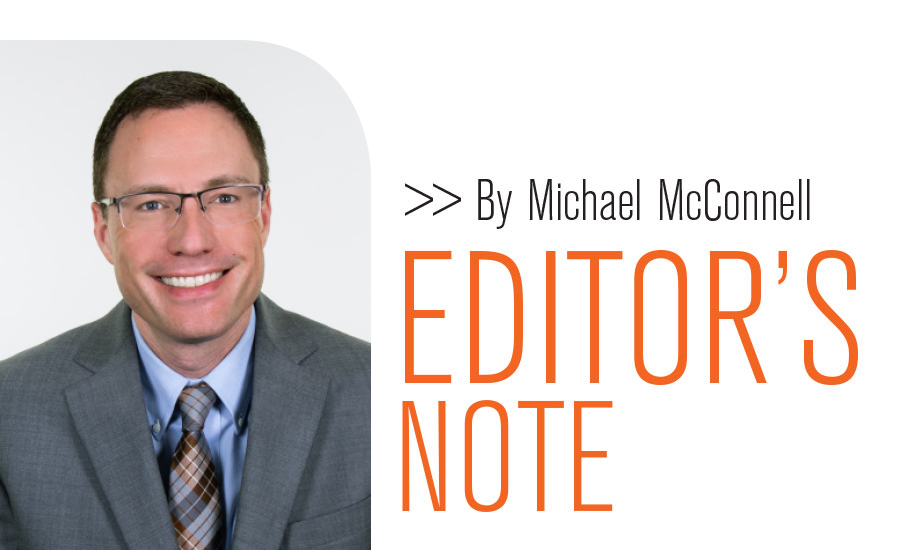I was a little surprised when President Donald Trump recently told reporters that replacing Obamacare was an “unbelievably complex” task.
“Nobody knew health care could be so complicated,” Trump said at a February meeting of state governors.
Really? The issue has stymied presidents, members of Congress and business owners for decades. An attempt to overhaul the nation’s health care system and expand coverage early in President Bill Clinton’s first term collapsed amid opposition from Republicans, the insurance industry and many Democrats.
Until the Affordable Care Act was passed in 2010, no other attempts to institute even minor fixes to health care had gained any traction.
I learned a lot about the issue when former Snips associate editor James J. Siegel wrote our October 2006 cover story, “Hurting for a health plan.” Siegel’s story still-timely is worth a read. Click here to read.
At the time, medical costs were spiraling — sound familiar? — for many firms, and smaller HVAC companies were finding it difficult to offer quality insurance. One of the ideas floated by Republicans to reduce the cost of insurance was allowing small employers or associations such as the Air Conditioning Contractors of America to buy coverage across state lines to get the best deal.
Politics are local
However, as Siegel reported, insurance is very much a local issue, with every state having different standards in regard to what preventative services or treatments must be covered. The same is true for homeowner and car insurance. Rates and requirements in places such as New York City are likely vastly different from those in Des Moines, Iowa, or its rural suburbs.
Opponents to the GOP plan of the mid-2000s, which included powerful groups such as AARP, feared that many employers would simply purchase a policy from a state with less stringent mandates, leaving workers unprotected. And lots of state insurance commissioners were probably nonplussed at the idea that their oversight and powers would be cut.
That’s why when the Affordable Care Act was passed three years later, it included standards for minimum coverage and ensured insurance policies were sold on state-level exchanges.
Many of the same groups and issues are frustrating Republicans as they try to replace the program with something they believe will be better and less expensive.
One of the criticisms of Obamacare, besides the philosophical opposition to its requirement that all citizens have insurance or pay a fine, is that it allows individuals to wait until they’re sick before signing up for health insurance. That skews the risk pool and makes it difficult for private insurance companies to cover expenses.
The Affordable Care Act also reduced the number of low-cost, high-deductible plans that offered limited benefits. While these were popular with many people, most didn’t meet the law’s requirement for quality coverage.
As I write this, it’s uncertain whether the current proposals will fix these problems or even if anything at all can pass Congress. And I’m not sure there is a solution for this complex problem. Americans are living and working longer, but with that comes the added medical expenses of advanced age. That doesn’t sound like a formula for reduced health care costs to me.








